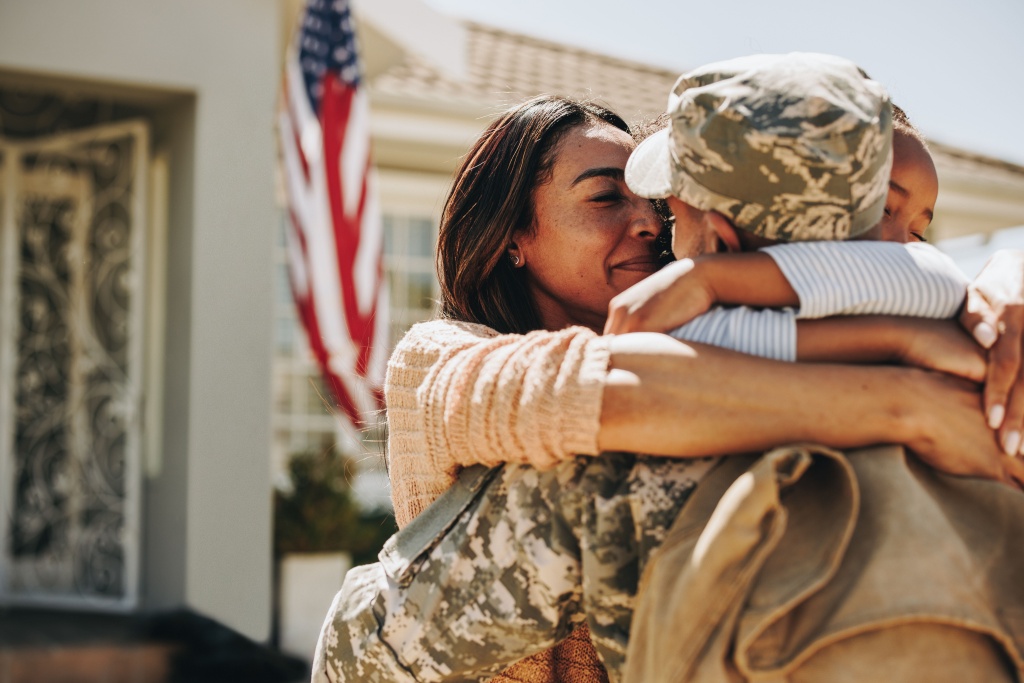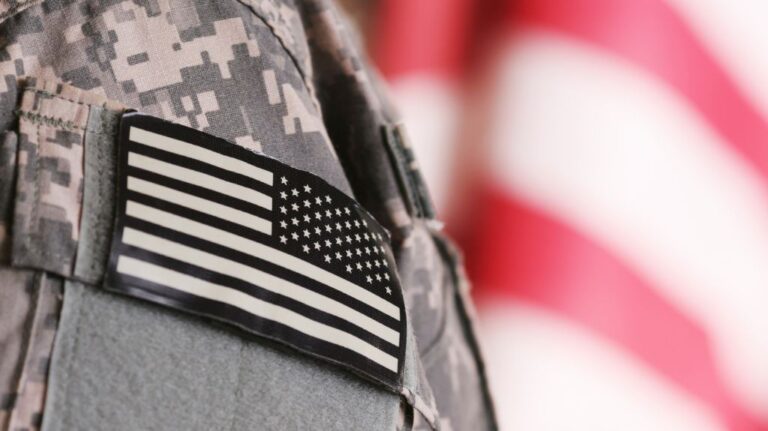How Long Do You Have to Be Married to a Veteran to Get Benefits?
The length of marriage to a veteran does not universally determine eligibility for VA benefits for spouses. Several factors come into play, depending on the specific benefit you’re interested in. This article explores the marriage duration requirements for various VA benefits available to spouses of veterans.
Dependency and Indemnity Compensation (DIC)
This benefit provides tax-free financial compensation to surviving spouses of veterans who died in service or from a service-related disability. The marriage duration requirements for DIC depend on the circumstances of the veteran’s death:
- Death on Active Duty or During Training: If the veteran died on active duty or while undergoing active duty training, the surviving spouse is eligible for DIC regardless of the length of their marriage.
- Death from Service-Related Disability: If the veteran passed away from a service-connected disability, the surviving spouse must have been married to the veteran for at least one year, or they must have had a child with the veteran.

Survivors Pension
This benefit provides financial assistance to surviving spouses of veterans who served at least 20 years and were retired at the time of death, or who died while on active duty from non-service-related causes. The marriage duration requirements for a survivor’s pension are stricter:
- The spouse must have been married to the veteran for at least ten years to be eligible for the full benefit amount.
- For marriages between one and ten years, the benefit amount is gradually reduced based on the duration of the marriage.
Tricare Health Insurance
Tricare is the health insurance program for active duty service members, retirees, and their families. Eligibility for a former spouse to continue Tricare coverage after a divorce depends on the “20/20/20 rule”:
- The veteran must have served for at least 20 years.
- The marriage must have lasted for at least 20 years.
- At least 20 of those married years must have overlapped with the veteran’s military service.
VA Disability Benefits for Spouses
In general, spouses of veterans are not directly eligible for VA disability benefits based solely on their marital status. However, if a spouse becomes their veteran partner’s primary caregiver due to a service-connected disability, they may be eligible for benefits under the VA’s Program of Comprehensive Assistance for Family Caregivers (PCAFC).
Additional Considerations
Here are some additional points to keep in mind:
- State Divorce Laws: If you are a divorced spouse of a veteran, state divorce laws can impact your eligibility for certain benefits, such as a portion of the veteran’s military retirement pay.
- Cohabitation Requirements: For some benefits like DIC, surviving spouses may need to prove they were cohabiting with the veteran at the time of their death or separation.
- Active Duty vs. Retired Veterans: Eligibility requirements for benefits may differ slightly depending on whether the veteran was on active duty or retired at the time of death or disability.
Finding the Right Information
To determine your specific eligibility for VA benefits as a spouse or former spouse, it’s important to consult with the VA directly or a VA attorney. Here are some helpful resources:
- VA Benefits Attorney: A VA benefits attorney can help with many items, and can certainly help you get approved for benefits if you’ve been denied.
- VA Website: The VA website offers a wealth of information on benefits for spouses and dependents. You can search for specific benefits or browse frequently asked questions sections.
- VA Call Center: You can call the VA at 1-800-827-1000 to speak with a representative and get personalized assistance regarding your eligibility.
- Veteran Service Organizations (VSOs): VSOs can provide valuable guidance and support in navigating the VA benefits system. They can help you understand your eligibility and assist you with the application process.
By understanding the marriage duration requirements and other factors impacting eligibility, spouses and former spouses of veterans can ensure they receive the benefits they’ve earned through their loved one’s service.







